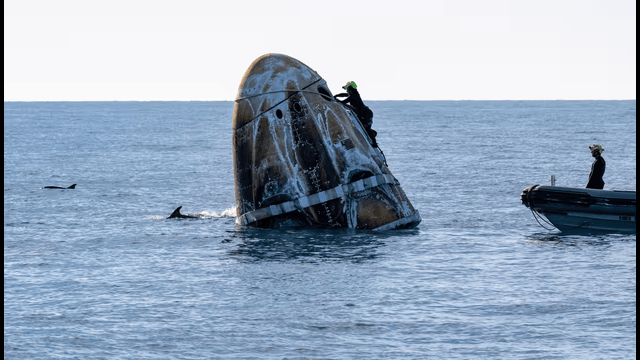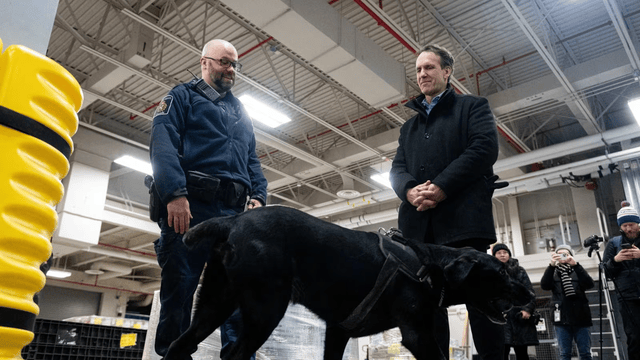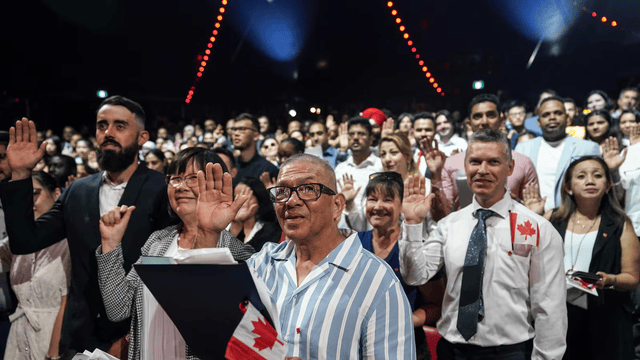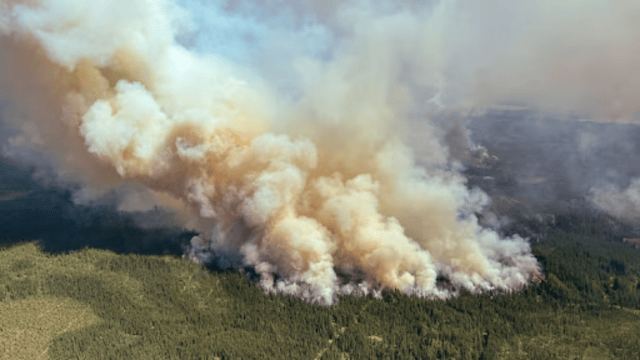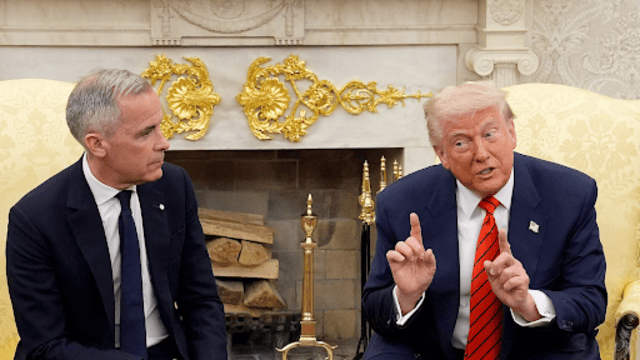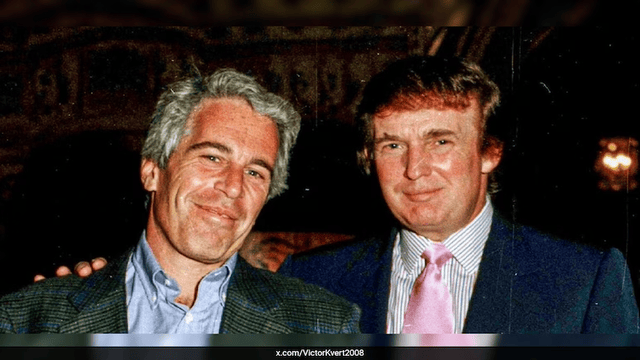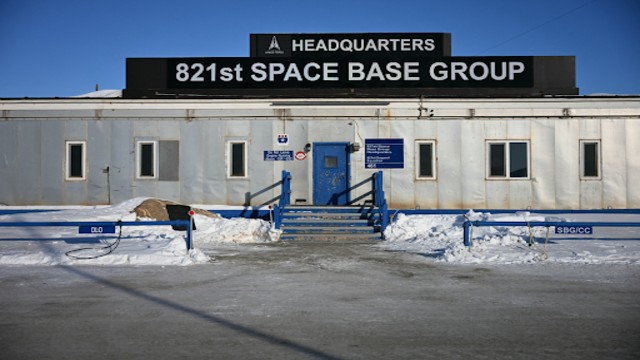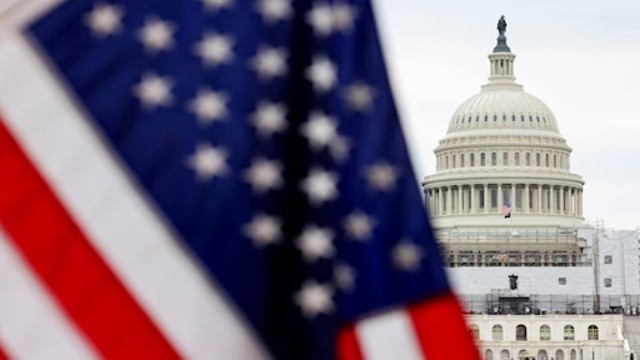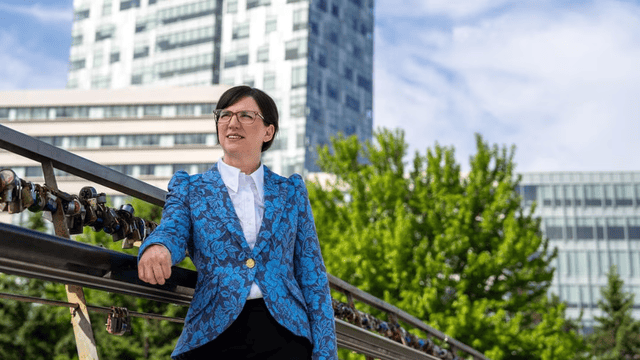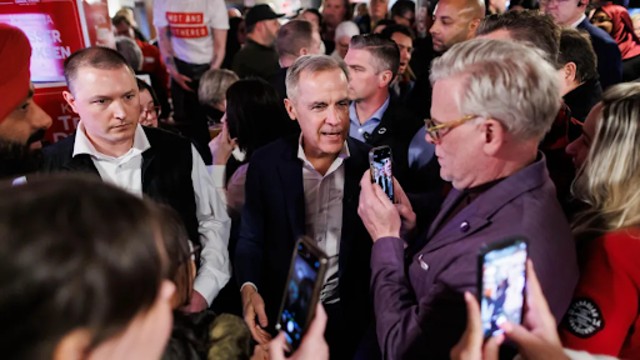
Liberal leader and current Prime Minister Mark Carney greeted supporters during a recent stop on his campaign trail. Getty Images
As Canada gets ready to vote on April 28, concerns about climate change have taken a back seat. This time, the main issue is how the country will deal with US politics and boost its energy sector. The two leading candidates, Mark Carney and Pierre Poilievre, are focusing less on the environment and more on energy and the economy.
In the 2021 election, protecting the environment was a top priority for voters. But now, things have changed. People are more worried about high living costs, housing problems, and energy prices. The war in Ukraine has also made Canada’s natural resources more valuable globally, especially its oil, gas, and critical minerals.
Mark Carney, Canada’s current prime minister and Liberal party leader, has always supported climate action. He’s held top positions in global finance and worked closely on climate issues at international events. Despite that, his first decision as prime minister was to cancel the consumer carbon tax. This tax, introduced in 2019, made fuel and gas more expensive in hopes of cutting emissions. But it became unpopular due to rising costs, and critics blamed it for inflation. Conservative leader Pierre Poilievre even nicknamed Carney “Carbon Tax Carney.”
Carney still wants Canada to lead in clean and traditional energy. He promises to speed up green projects, invest in clean transport and buildings, and support new technologies like carbon capture. But he hasn’t shared many details.
Pierre Poilievre, the main opposition leader, is focusing his campaign on the rising cost of living. He wants to end the carbon tax for industries and expand oil and gas production. Poilievre argues that Canadian oil and gas are cleaner and could help countries like India stop using coal. He’s also remained quiet about whether he supports Canada’s net-zero goals.
Some experts believe voters might support Poilievre’s energy plans, even if they aren’t realistic. He says that Canada needs to protect its economy and jobs, especially if Donald Trump becomes US president again. Canada sends about 90% of its oil to the US. Any energy trade restrictions could be harmful. Carney recently warned, “The pipelines are a national security problem for us.”
This has brought back talk about building new pipelines to send energy from western Canada to the east for global exports. An earlier project, Energy East, was canceled in 2017. Both major parties now support new “energy corridors,” but Carney has changed his position on pipelines several times. He’s trying to balance national security with environmental concerns.
Meanwhile, the climate crisis is growing worse. Wildfires in 2023 were the worst in Canada’s recent history. In 2024, weather-related losses hit C$8.5 billion, triple the amount from 2023. Canada has pledged to cut emissions by 40-45% by 2030, but by 2023, emissions had only dropped by 8.5%.
Yves-François Blanchet, leader of the Bloc Québécois, slammed both front-runners during a debate. “I’m sorry to crash your party guys,” he said. “But you are telling fairy tales” about clean oil and gas.
No matter who wins the election, balancing climate promises with energy plans will be a huge task.


